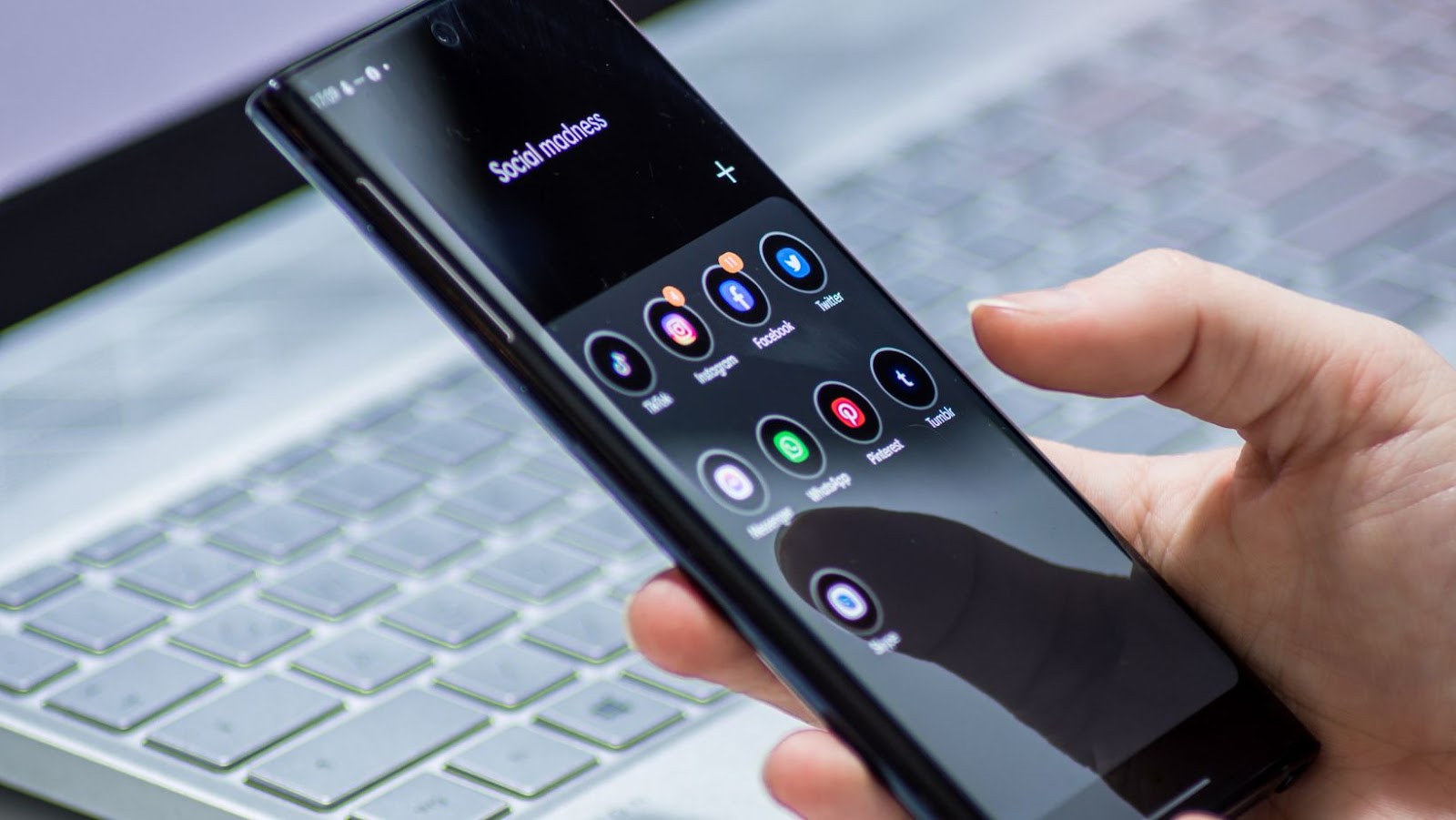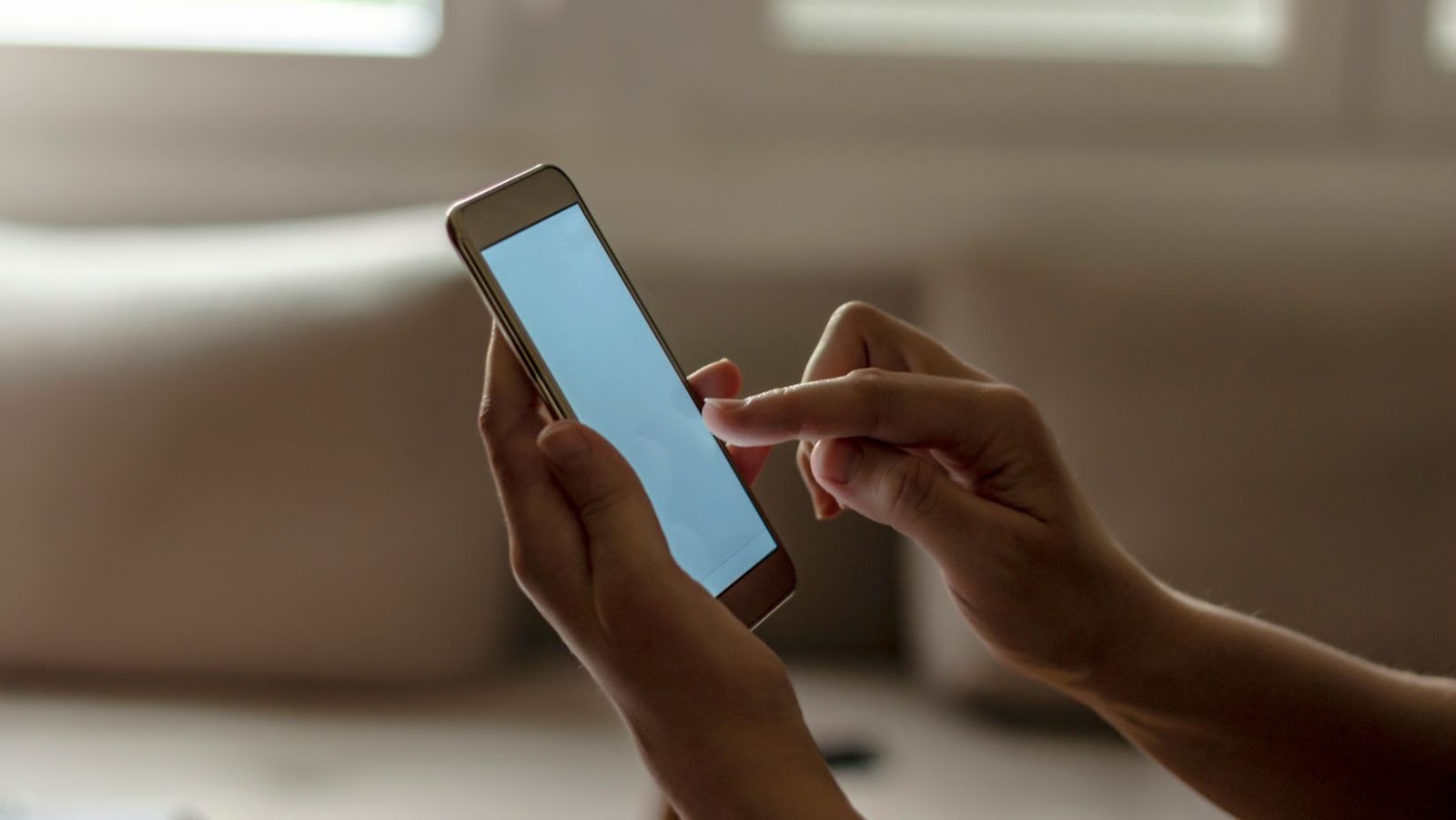We are ever more reliant on our phones for a number of reasons. As they always have been, our mobile devices are a way of staying in contact with our loved ones and for work purposes, but as time goes on, the need for us to have our phones on and to work only increases. Not only do we use them to shop, read the news and arrange much of our daily lives, but we also tend to receive alerts from them to ensure we can proactively deal with developments. So it is of the utmost importance that we look after our phones.
Do you give much thought to how secure your phone is? Or do you live under the impression that once the screen has gone dark and the phone is locked, it’s as secure as it needs to be? The importance of security can’t be overstated when it comes to your phone. When you consider that this single device contains banking information, browsing history from sites like wishcasinos.com, which leads to other sites where you may spend money, and even health data, it really does matter what you do to make sure your phone is protected as soundly as it can be.

Do You Use a Screen Lock Pattern?
Passwords are common methods used to lock a phone screen, and they are naturally as secure as you make them. As long as you are confident no one could guess your password, you have done as much as you can to make it safe and secure. If you use a pattern, though, beware. Many people think they are being ultra-secure by having a personalized pattern like their own initial. Studies show, however, that this is the first thing a thief will guess, so if they have some idea of your name, they’ll be in quickly. Select a pattern that is memorable but not easily guessable. For obvious reasons, we’re not going to tell you how to do this.

Use a VPN Where Possible
If you’re using the internet on your phone, then you run roughly the same risks from hacking and jacking that someone using Bluetooth or public internet on their laptop does. This issue can be pushed into near non-existence by using a VPN when you’re using your phone for financial transactions and work purposes. There will be some sites that don’t let you use a VPN when accessing them, so it’s not something you can do 100% of the time but using it when and where you can enhance safety.
Check Permissions Regularly
Using our phones to access the internet has made us very casual about what we will and won’t say yes to. The truth of the matter is that we should be giving as few permissions as possible and for as little time as possible. Ask yourself whether a home shopping app really needs access to your photos or your social media apps really need to know your location. If there is a good reason for an app to have specific permissions, keep them in place, but don’t have them switched on just for convenience because they create wrinkles in your security.